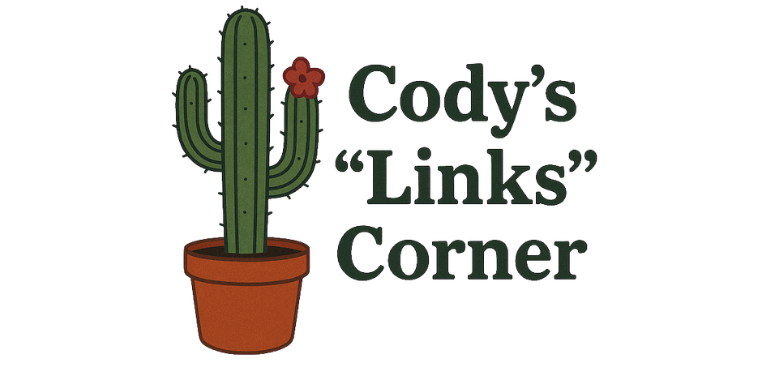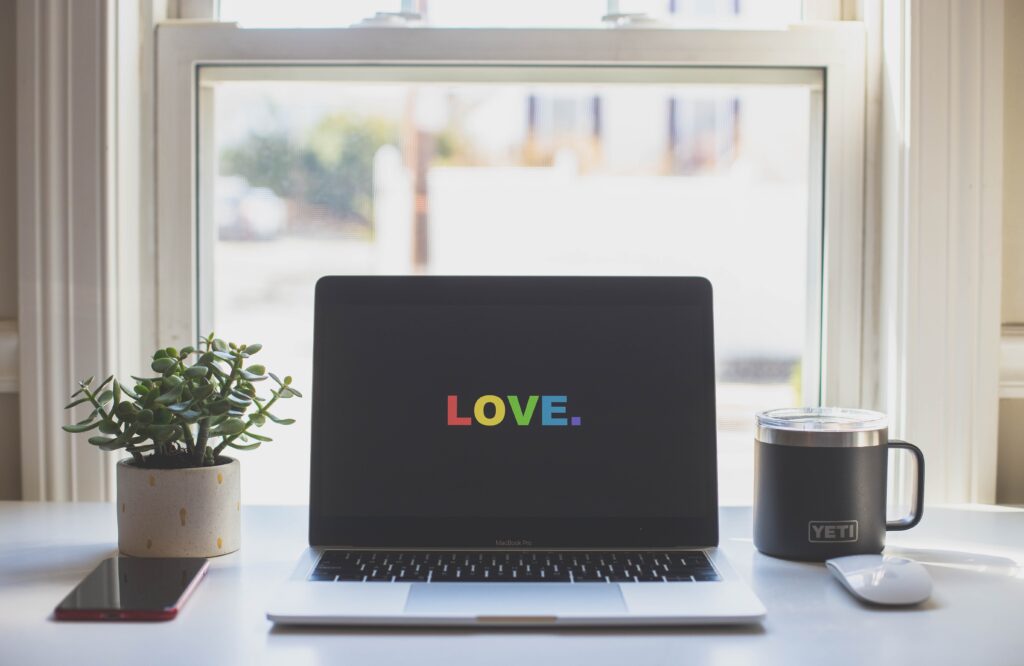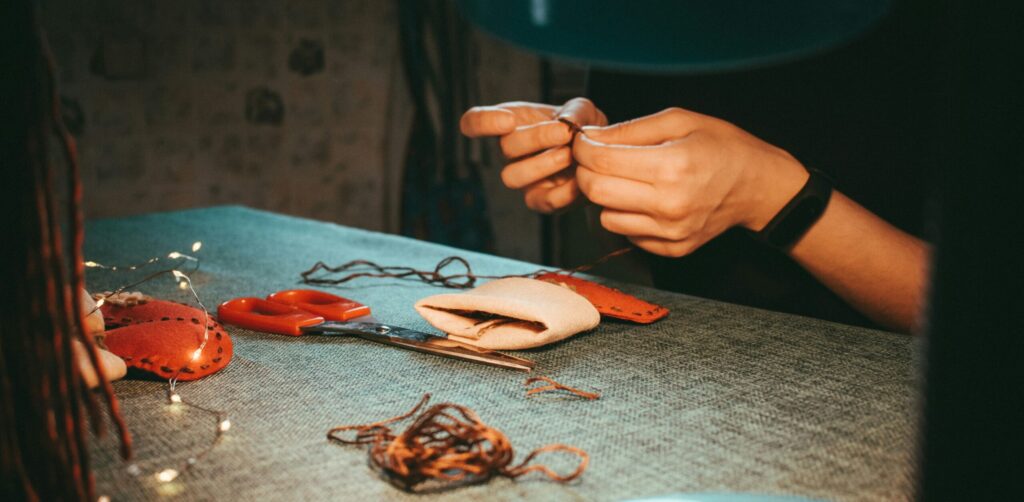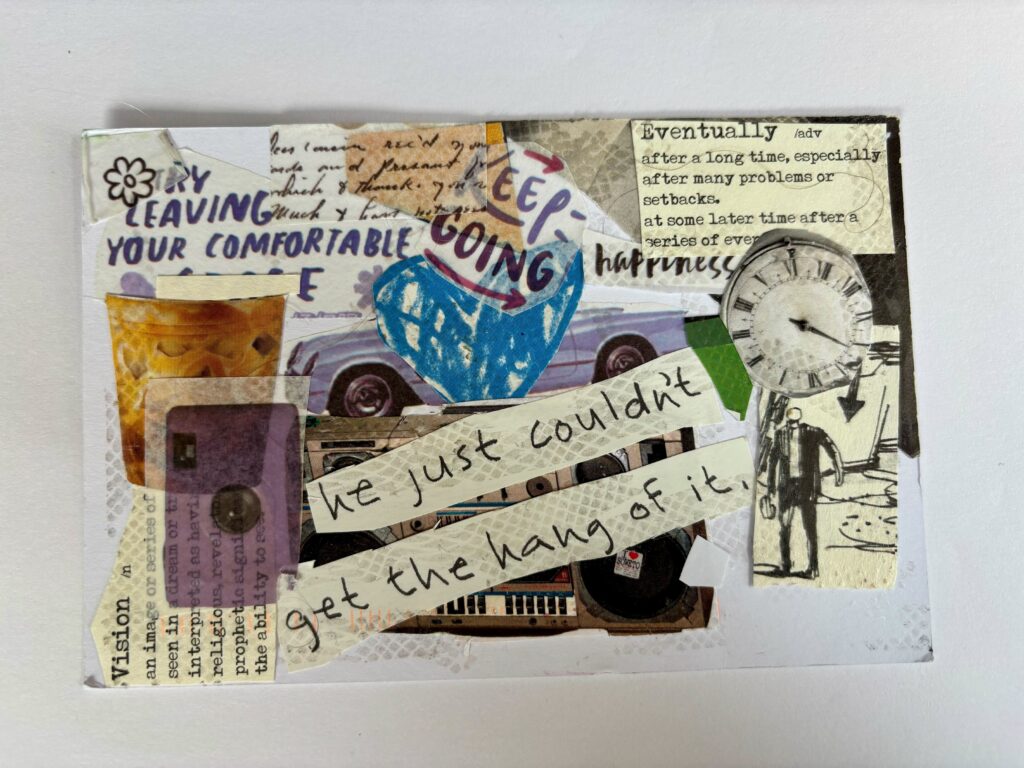I used to think that the weather-induced aches and pains claimed by older family members were no more than old wives’ tales or fodder for small talk after dinner. I didn’t expect to know at 30 just how right they were.
I have a tumor, a rare, soft tissue sarcoma, attached to my clavicle. It’s the size of a grapefruit and has taken over my pectoralis major, pushed my pectoralis minor into my armpit, and grown into my top few ribs. Two years of chemo and counting has kept it from growing into my brachial plexus, though it still seems to taunt me by playing with the nerves that reside there. As a result, my pain can change from day to day, sometimes dependant on the season. In spring and summer, passing showers can be felt. In the winter, as I draw my arms closer to my body to instinctively shield myself from the cold, the three other muscles of my shoulder work overtime for the two compromised by the tumor and tire and tighten easily. A mild winter, like the one New Jersey experienced this year, is a recipe for disaster. When there’s several days of passing rain and cold fronts chasing a few days of warmer temperatures, my pain leaps all over the place.
Pain aside, my appearance is relatively normal. I do not fit the cultural touchstone of a chemo patient. I have not lost my hair from any of my various treatments. I haven’t lost a ton of weight. (The fatigue from my latest treatment has made my lifestyle more sedentary, so I’ve actually gained a bit.) Oftentimes, this “not looking sick” is a blessing. I can enter into a new space, not disclose my diagnosis, and pretend to be someone else for a while. Other times, I desperately wish my appearance would match the war my body was waging on the inside, so others would know the pain I felt.
On a warm late morning in January, a video I made for a cancer organization I support popped up on my feed again. It was several weeks old at this point, but I saw that there were some comments I never read. Out of sheer curiosity, I clicked on them. The top comment read: “you don’t look sick.”
I’d heard it several times before, though never in this form: online, from a stranger. When it is said person, I can typically sense its onset. It usually comes from well-meaning family members or coworkers, usually in an attempt to diffuse the conversation after I describe my litany of side effects from treatment. Most of the time, the person’s intentions are really well-meaning. They want desperately to brighten a disappointment or make me feel good. I appreciate the compliment, most of the time, but there are bad days when I just want to tell the truth: that appearances can be very, very deceiving.
A friend of mine with another illness, cystic fibrosis, shared a tweet about her own experience. Turns out that even though she’s been battling CF her entire life, she got a flood of sympathy when she shared about having a cold. “I’ve been getting sympathy for it all day long. I never get this with my stupid invisible disease! It’s so satisfying to *sound* sick! I’m eating it UP. I will be sad to see this cold go.” When I told her how deeply I related to this, she shared a perfect insight: “[Others] need to see/ feel/ hear it to understand it.”
That stranger who commented on the video of me couldn’t see or feel my pain – and was clearly unwilling to hear my words and believe my experiences.
A wave of emotions crashed over me. Possible responses rushed to mind:
Don’t look sick? I already know: the fact that I do not look sick is likely part of why doctors didn’t take me seriously and my diagnosis took so long.
Don’t look sick? I am more than the pain and treatment side effects that impact me on a daily basis: so they are not all I talk about.
Don’t look sick? Interesting: I wasn’t aware that losing my hair, or looking pale, or looking like *anything at all* was a prerequisite to credibility.
Ultimately, I decided not to respond – because the problem is not this one commenter. The problem is the deeply engrained cultural notion that “sick” looks and presents a certain way.
When we assume that people need to look sick in order to be sick, we invalidate their experiences. Suddenly, their pain becomes imaginary, and in turn, their problems feel unimportant. Many patients are already accustomed to not being believed by their own doctors, especially women. According to a 2017 blog post by Harvard Medical School, “women in pain are much more likely than men to receive prescriptions for sedatives, rather than pain medication, for their ailments. One study even showed women who received coronary bypass surgery were only half as likely to be prescribed painkillers, as compared to men who had undergone the same procedure.” Researchers from the University of Virginia published a study in 2016 revealing the even greater disparities for people of color, concluding that “black Americans are systematically undertreated for pain relative to white Americans.”
When we tell people, “but you look great!” it sends a message that putting on a face for the rest of the world is the most important task at hand. The comfort of those around you takes priority over the truth of the patient’s experience.
When we rush to conclusions about someone else’s health based on how they act, we completely discount the importance of mental health, and that those struggles and demons are just as valid as more apparent illnesses. I can’t help but think about those we’ve lost to suicide: some who worked so hard to present as happy for everyone else, or to “fake it til they make it,” but who were fighting their own minds on a constant basis.
We can take better care of each other by getting vulnerable, by stripping away the layers of pretense that we’ve been conditioned to wear as an armor to get through our daily lives. We need to check in on our friends who seem to have it all together. Instead of just “you look great!” consider following it up with, “I know that can be misleading. How are you feeling?” Be willing to get uncomfortable. If my experience has shown me anything, that’s the place where the growth is. That’s where true connection lies.
This piece was originally written by Christina Kosyla and published on her blog, girl meets cancer.







